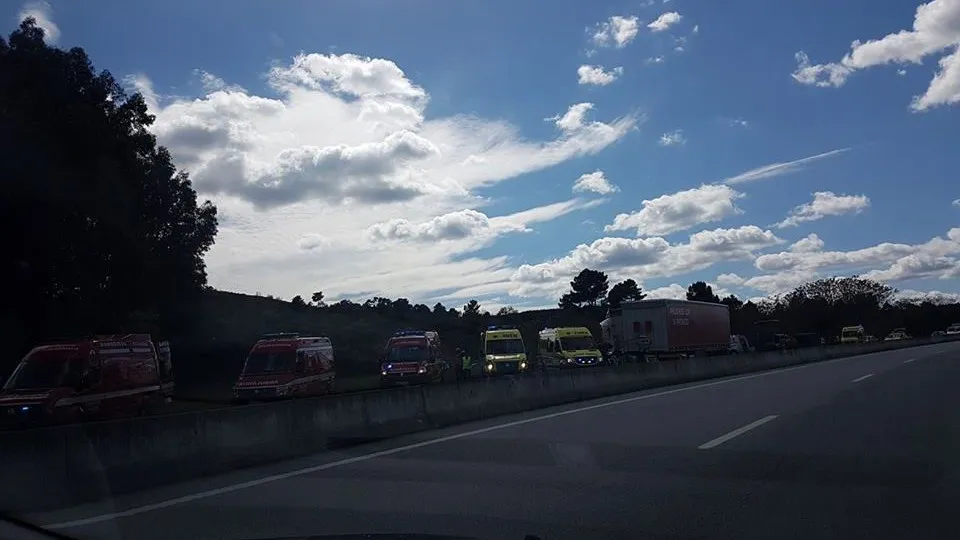
“The final report on the referral network was sent today after being open to public discussion for a month. We considered all the feedback and included what seemed pertinent after this public discussion, and thus we delivered it today to the Minister of Health,” stated the president of the National Commission for Women’s, Children’s, and Adolescents’ Health.
The pediatrician spoke to Lusa on the sidelines of the conference “Convention on the Rights of the Child: 35 Years in Portugal – Strengthening a Commitment,” held this afternoon at the Calouste Gulbenkian Foundation in Lisbon.
According to Alberto Caldas Afonso, the document “identifies what type of hospitals each region” in the country has and how they should coordinate when their capacity “is exhausted.”
“This is a very important reference for what will follow, which is the organization of emergency services in the area of gynecology-obstetrics,” the doctor noted, adding that this “technical foundation fundamentally considers the existing resources” without ever compromising “the safety of the mother in childbirth, but also of the newborn.”
For the person in charge, it is “a red line that can be crossed,” providing pregnant women and newborns “a location for safe assistance.”
Coordinated by the president of the National Commission for Women’s, Children’s, and Adolescents’ Health, the working group had until today to present the proposal for the emergency network, with around three months for the proposal on the referral network for neonatology and pediatrics.
However, the working group delivered the referral network proposal today, choosing to submit the emergency network proposal later this week.
“Today is possibly the final meeting we will have concerning the proposal. We will discuss it in the broader group and during the week, we will send our technical proposal to Minister Ana Paula Martins regarding this challenge,” he emphasized.
Alberto Caldas Afonso underscored that “no Portuguese woman can be excluded from quality assistance,” and therefore, proposals “in areas where there are difficulties” must be analyzed, warning that it is not only the Setúbal Peninsula that has identified problems.
“It’s not just the Setúbal Peninsula, which has been the most publicly discussed, but there are other places with similar or almost identical difficulties. Therefore, we need a solution for women in this area, and that is what we will submit,” he added.




